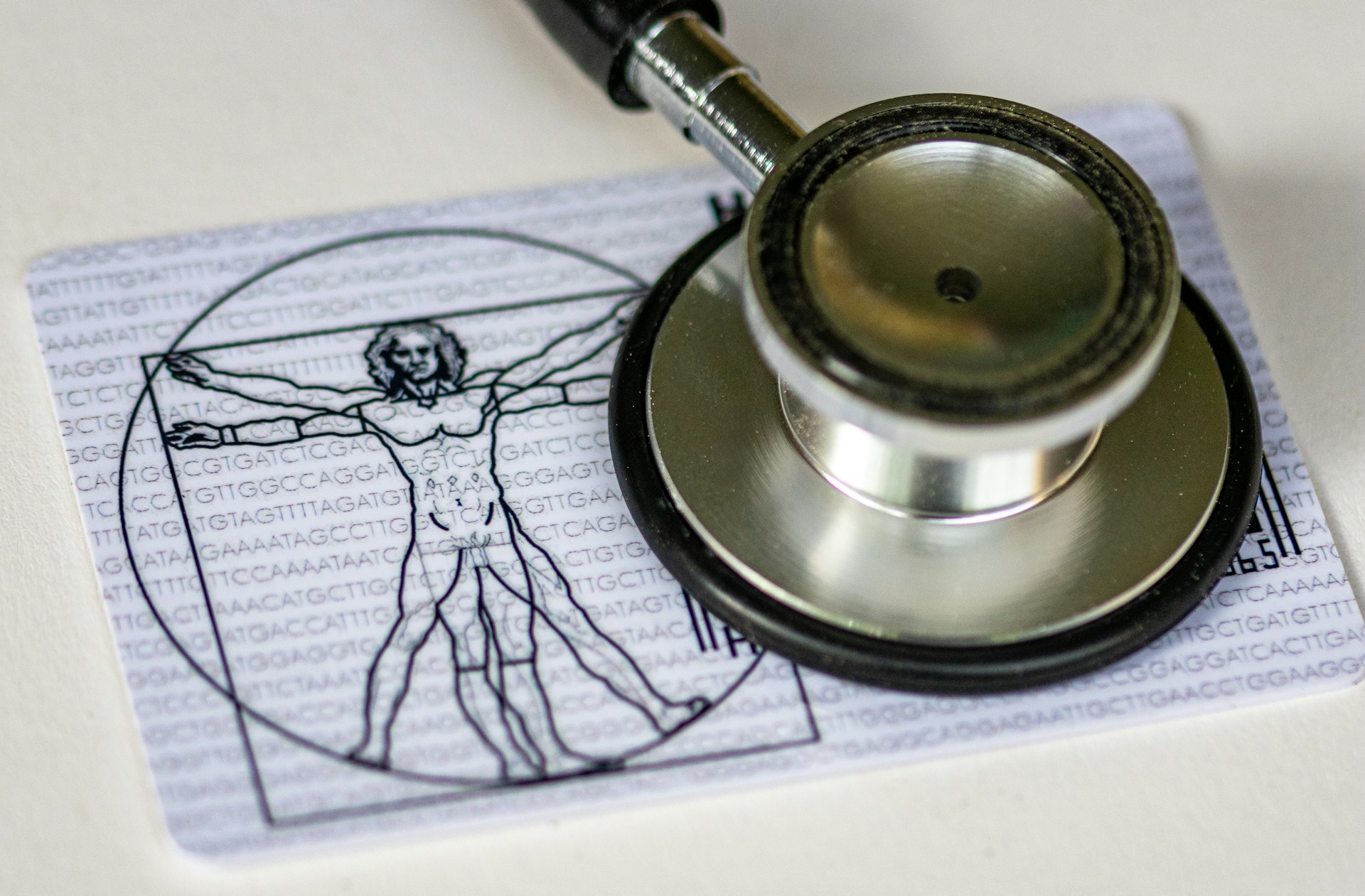Feeling vibrant, steady, and at ease in your body isn’t the result of a single habit. It’s the outcome of many small, intentional choices made over time — choices that touch every part of your life. Holistic medicine takes this truth to heart, focusing on the interconnectedness of mind, body, and environment. When you view your well-being through this lens, “health” stops being a checklist and becomes a lived experience. Below are practical, grounded strategies to help you feel your best every day.

Holistic Nutrition for Everyday Energy
What you put on your plate doesn’t just satisfy hunger; it shapes how you move through your day. Highly processed foods may give you a short-term spike, but the crash that follows can leave you drained. Instead, choose meals rich in whole grains, colorful vegetables, clean proteins, and healthy fats. These nutrient-dense combinations sustain you for hours. Something as simple as beginning the morning with mindful eating habits. Start with whole foods to fuel your energy can create a ripple effect on mood, focus, and stamina. It’s not about restriction; it’s about nourishment that feeds your cells and your spirit.
Mind-Body Practices for Stress Reduction
In a world that moves faster than our nervous systems can comfortably handle, stress often becomes the default state. Holistic medicine recognizes that the mind and body are in constant conversation; tension in one shows up in the other. Breath-centered practices, guided imagery, yoga, and tai chi all invite your system into a calmer rhythm. Even five minutes a day can create noticeable change. When life feels like it’s coming at you from all directions, mind-body practices relieve stress by anchoring you in the present and helping your body release the grip of chronic tension.
Advancing Holistic Care Through Education
Nurses are often on the front lines of connecting patients with truly comprehensive care, yet the scope of that care expands dramatically with advanced training. By broadening their knowledge base, healthcare professionals learn to assess not just physical symptoms but the full spectrum of influences on a patient’s health — social support, mental well-being, and environmental conditions among them. Those who choose to try this kind of educational pathway gain tools for interpreting research, implementing evidence-based solutions, and designing interventions that address root causes. This depth of preparation helps bridge the gap between treating illness and fostering sustainable wellness.
Herbal Remedies in Holistic Medicine to Support Vitality
Plants have been part of human healing traditions for millennia, and modern research continues to uncover their therapeutic potential.

Adaptogenic herbs like ashwagandha and ginseng can help the body respond more evenly to stress and improve overall energy. If your mornings feel heavy or your afternoons sluggish, exploring herbs such as ashwagandha and ginseng energize might offer a gentle lift without the jitteriness of stimulants. As with any remedy, it’s wise to consult a qualified practitioner.
Sleep Hygiene Through a Holistic Lens
Rest isn’t a passive state; it’s an active, intricate process that resets almost every system in your body. Yet too many of us treat sleep like a leftover item on the to-do list. A holistic approach views sleep as a cornerstone of healing and resilience. That means looking beyond just bedtime and considering your full 24-hour rhythm: your exposure to natural light, your caffeine intake, and your evening activities. The shift can start small because simple sleep habits improve rest in powerful ways. Over time, you’ll notice mornings that feel less like a battle and more like a gentle arrival.
Movement as Medicine
Exercise doesn’t need to be grueling to be effective; in fact, punishing workouts can sometimes increase stress hormones and wear down your reserves. Movement, approached as medicine, is about finding the forms your body craves and honoring them regularly. That might be brisk walking, dance, Pilates, or a gentle mobility flow. The key is consistency and joy, not exhaustion. When done with awareness, integrative movement heals the body by improving circulation, supporting joint health, and lifting mood. Think of it less as a workout and more as a conversation with your physiology.
Creating a Balanced Lifestyle Environment
Your health is shaped not just by what you eat or how you move, but by the spaces and communities you inhabit. Clutter, noise, constant alerts — these are environmental stressors that drain your energy in ways you may not notice until they’re gone. A balanced lifestyle environment is intentional: fresh air, natural light, meaningful social connections, and time carved out for rest. A balanced life means your home, your work, and your relationships all support the well-being you want to cultivate.
Holistic medicine doesn’t hand you a single prescription; it offers a map. Nutrition, movement, rest, environment, and the mind-body connection all inform one another. When you feed your body well, you have more energy to move. When you move, you sleep more deeply. When you sleep well, your mind is calmer. And when your mind is calmer, it’s easier to make choices that nourish rather than deplete. Holistic medicine thrives on the idea that your well-being is already within you.
Discover empowering insights and transformative quotes at Reject Lost, where you’ll find the inspiration to overcome rejection and pursue your true desires with confidence!

